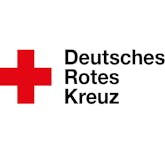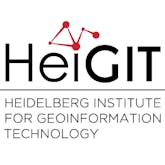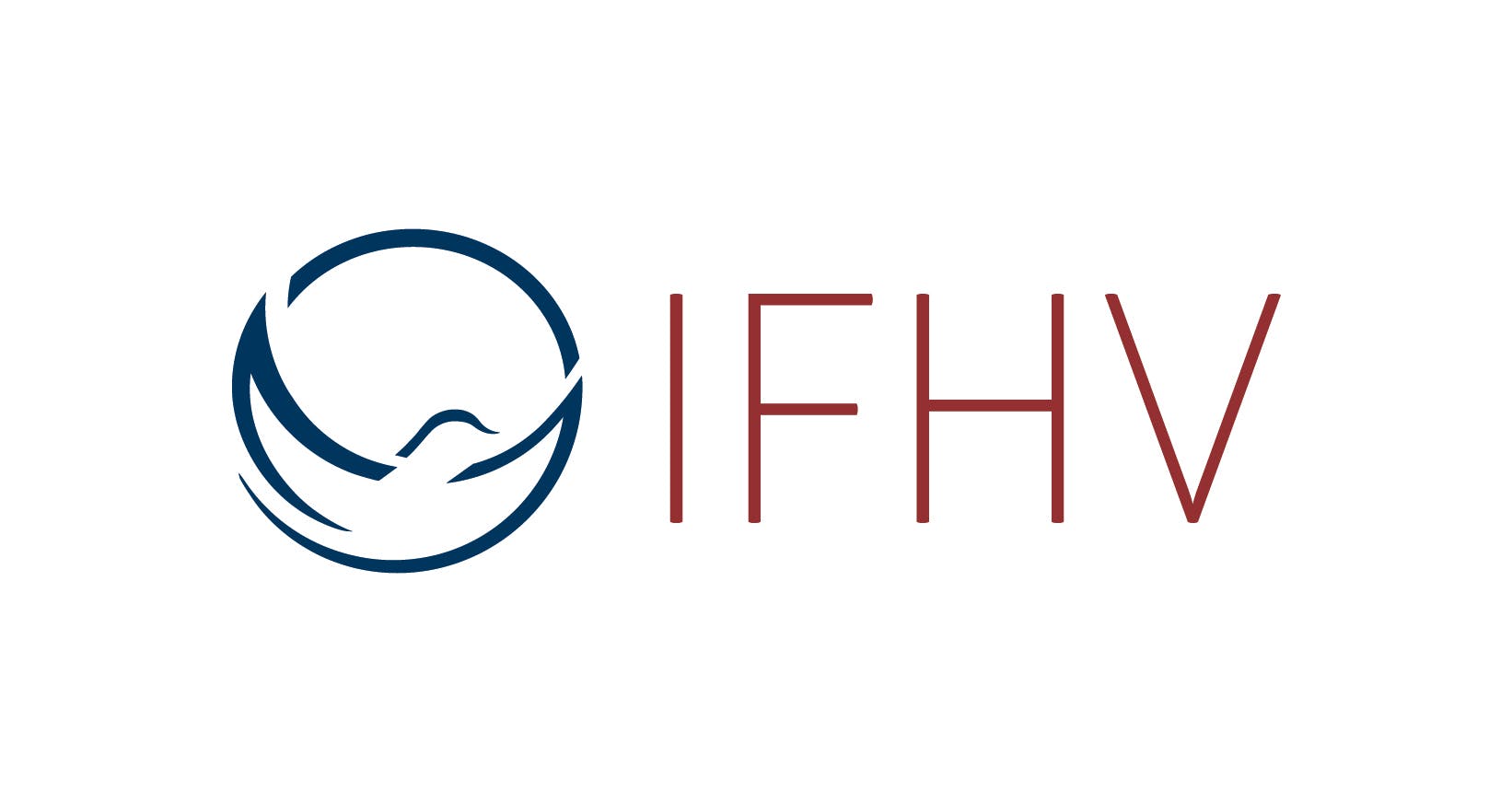Current Approaches and GIS Methods to Support Anticipatory Humanitarian Action
Fully booked
Geodata, GIS and remote sensing are of increasing importance in the humanitarian context and are currently being used more and more intensively in the field of anticipatory humanitarian action. Participants of this advanced course have the opportunity to get to know them in an applied way. The training starts with an introduction to the concepts of anticipatory humanitarian action and the link to geospatial data and related analyses. Using application examples, the use of raster data and analyses, accessibility analyses as well as local/community mapping approaches and their potential for the various areas of the Early Action Protocols are illustrated.The course is intended for all those who already have some experience with the use of GIS and geodata as well as participants of the training "The use of geoinformation in (anticipatory) humanitarian action" in January 2022.
The training is part of aha's certification scheme and can be credited towards a Certificate of Advanced Studies in "Anticipatory Humanitarian Action". The event is scheduled as an online event from 14 to 25 March and includes regular breaks. At the bottom of this course page you can find a sheet with further information on minimum system requirements and the installation of QGIS, the software that we will predominantly use in this course.
You will learn
what the main fields of application for geospatial data in anticipatory humanitarian action are
how to apply GIS applications and geospatial data, GIS, and earth observation to the development, implementation, and evaluation of Early Action Protocols
what basic analysis techniques are available to analyze geospatial data using QGIS
how you can use geodata in humanitarian risk risk analysis
Target group
Staff members of NGOs with several years of professional experience in (anticipatory) humanitarian aid, participants of the training course "The Use of Geo-Data in Humanitarian Action"
Schedule
Day 1: Kick off and Practical Geodata Infrastructure
German Red Cross
Lecturer

The German Red Cross (GRC) is one of the largest national Red Cross Societies and currently active in around 50 countries in Africa, Asia, the Middle East and Latin America. Since 2013, the Red Cross and Red Crescent Movement has been actively working to bring anticipatory approaches to the forefront of humanitarian action through pilot projects. In close cooperation with the International Federation of Red Cross and Red Crescent Societies and the Red Cross Climate Centre, the GRC was able to test the implementation of the Forecast-based Financing approach (FbF) in several project countries and refine the methodology on behalf of the German Federal Foreign Office. Further cooperation exists with various humanitarian partners such as the World Food Programme, The United Nations Office for Humanitarian Affairs (UN-OCHA), Welthungerhilfe and the international donor community.
Heidelberg Institute for Geoinformation Technology (HeiGIT)
Lecturer

The aim of the Heidelberg Institute for Geoinformation Technology (HeiGIT) is to improve the transfer of knowledge and technology from basic geoinformatics research into practice by using innovative geoinformation technologies. It was founded in 2019 as an affiliated institute of Heidelberg University and has since then been core-funded by the Klaus Tschira Stiftung. The institute researches and develops intelligent routing and navigation services for sustainable mobility and provides geodata for humanitarian missions. In addition, innovative services from the research areas spatial data mining and machine learning are used to analyze, process, enrich and visualize user-generated geodata (e.g. OpenStreetMap).
14.3.2022 - 25.3.2022
24 hours of training
Online Event
 This training is organized by the Institute for International Law of Peace and Armed Conflict.
This training is organized by the Institute for International Law of Peace and Armed Conflict.